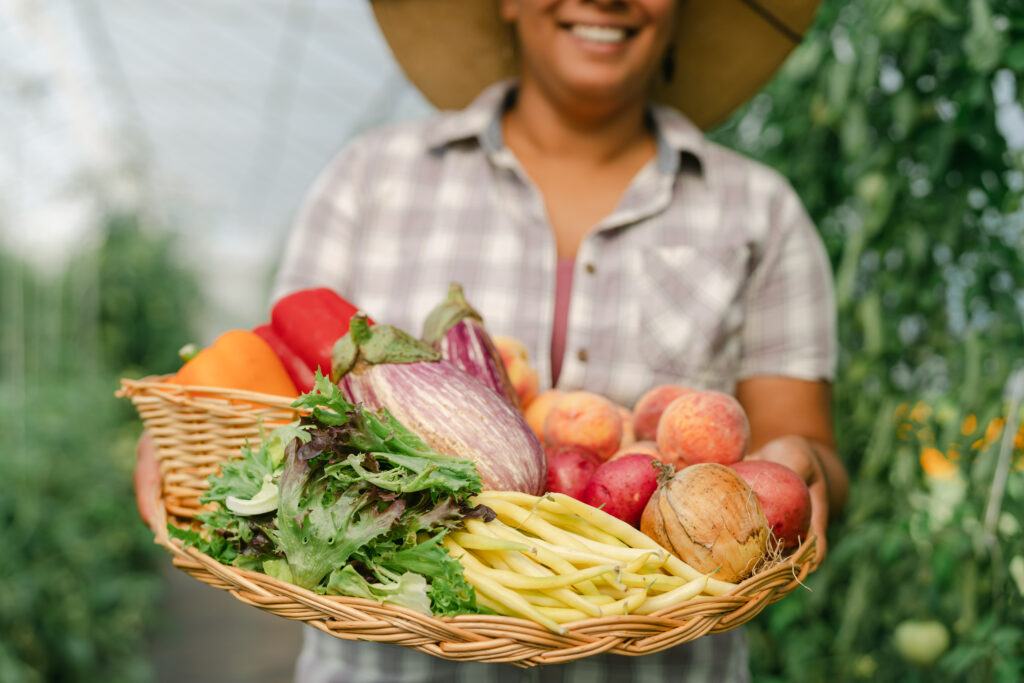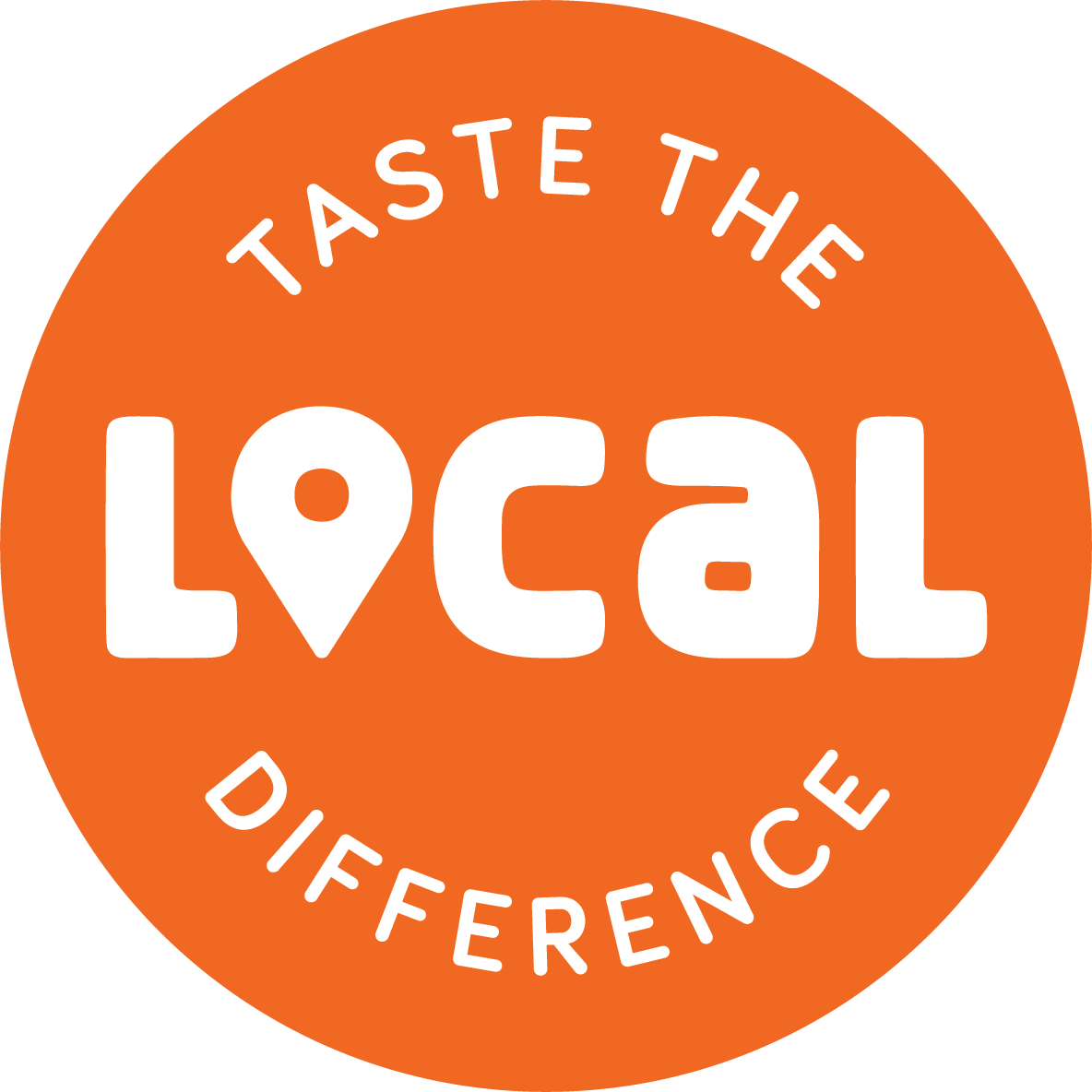How does the food we eat influence our mental health? From a metabolic perspective, much of a sense of well-being has to do with our gut. Nearly 90% of our serotonin (our brain’s feel-good chemical) and 50% of our dopamine (a chemical associated with pleasure and reward) are made in our digestive system. If we have gut dysbiosis (loss of good bacteria, expansion of bad bacteria), our production of these hormones is interrupted and we can experience poor mental health (anxiety and depression).
The standard American diet (ironically abbreviated SAD) is high in saturated fat (processed meats, cheese, and processed foods), sugar, and sodium and low in fiber and phytonutrients (protective compounds found only in plants) which can contribute to inflammation and cause gut dysbiosis. On the flip side, research shows that dietary patterns high in fiber (from fruits and vegetables, whole grains, beans, and legumes), healthy fats ( nuts, seeds, olive oil), and other whole, unprocessed foods can actually elevate mood.
Fiber from whole plant foods has many benefits, but the production of short-chain fatty acids (SCFAs) is one of the most powerful. When fiber reaches our colon, it is fermented and these SCFAs are produced. These compounds fuel a healthy balance of gut bacteria and strengthen the intestinal barrier, both of which can support a healthy mental state.

The Local Food System and Mental Health
Michigan’s abundance of farms produces a wide variety of fresh produce and natural proteins that can be part of this “happy mood” diet. Consider joining a CSA or regularly shopping at your farmers market to ensure you have an abundance of the “good mood foods” in your fridge.
In addition to increasing access to health-promoting foods, the local food system can support our mental health in the following ways:
Getting in Rhythm
Seasonal eating helps us connect with, and attune to, the rhythms of the natural world. Humans are part of the natural world and cultivating stronger connections to nature has myriad health benefits for us, including supporting better mood.
Connecting to Each Other
One of the defining characteristics of local food systems is the opportunity for social connection. Whether at the farmers market, local retail store or through a CSA, the local food system provides opportunities to build relationships with the folks who grow our food, as well as other eaters. Social connectivity is one of the strongest predictors of longevity and people who feel strongly connected to others have lower rates of depression and anxiety and higher rates of self-esteem.
Connecting to the Natural World
Taking part in the local food system by growing your own vegetables, fruits, or flowers can also positively influence your mental well-being. It’s a wonderful opportunity to consistently spend time in nature which helps regulate our circadian rhythm (our body’s internal clock) and promote more restful sleep. Sleep is a critical tool for mental health because this is when our body extinguishes feelings of anxiety and fear. Gardening is also a gentle form of physical activity, and research shows a positive correlation between physical activity and positive mood. Additionally, gardening provides opportunities to cultivate a sense of awe and connection to something bigger than ourselves; both well-researched tools for improving mental health.
Kelly Wilson, RDN, DipACLM is a Registered Dietitian Nutritionist and certified Lifestyle Medicine practitioner and the Lifestyle and Culinary Medicine Coordinator at Trinity Health Ann Arbor. Learn more about Lifestyle Medicine’s whole person approach to care by going to the Trinity Health website and join Kelly for FREE, virtual cooking classes every month (pre-registration required). Contact her at: [email protected]
